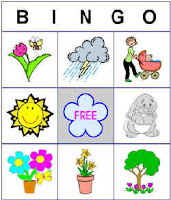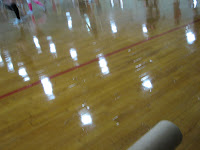

Students do a variety of writing in school, by hand and on the computer. Providing experiences with both is beneficial, but don't use a powerful laptop as a photo copier.
Why is it that students are writing with pencil and paper, rewriting multiple drafts, editing and then copying it by typing on the laptop? Is this final step really necessary? If we are putting laptops in their hands, let's allow them to use all the features to compose, revise, edit and publish.
Word processing gives students automated tools to help them spell, check grammar, and choose the right words. It allows them to electronically cut and paste written material and freely sequence ideas in ways to that make sense. Inserting information is done with a click of the mouse. Word processing is a
functional skill that students will be using extensively in college and at the workplace. Joining what’s going on in the outside world with what’s going on in the classroom is key to preparing our students to work in the 21st century using 21st century tools.
See
Education Week for a recent article on using computers for writing assessments.
 Eighth graders using computers scored higher on writing tests than their peers who wrote with pencil and paper in a study out of New England.
Eighth graders using computers scored higher on writing tests than their peers who wrote with pencil and paper in a study out of New England.SOURCE: "Examining the Effect of Text Editor and Robust Word Processor on Student Writing Test Performance," Boston College, 2004

 , type in "Hosmer School." It's that simple to start raising money for Hosmer. You can even click on the "Amount Raised" button to see how well we are doing. Granted, it is a small amount now but if everyone performs 2 - 3 searches a day, the amount will climb quickly.
, type in "Hosmer School." It's that simple to start raising money for Hosmer. You can even click on the "Amount Raised" button to see how well we are doing. Granted, it is a small amount now but if everyone performs 2 - 3 searches a day, the amount will climb quickly.
















